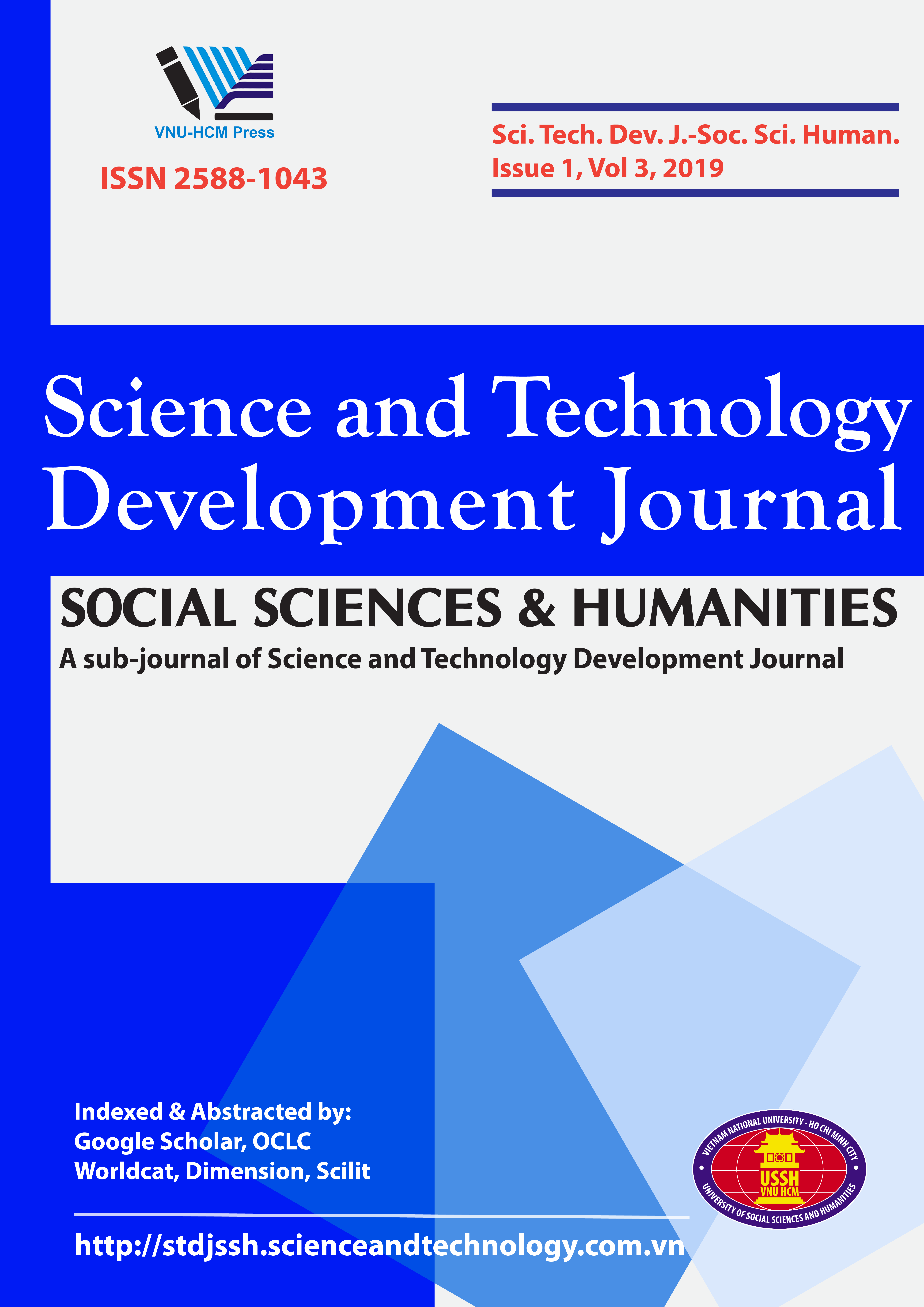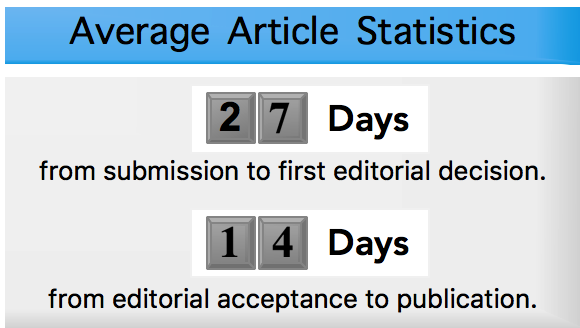Downloads
Abstract
Framed within contemporary debates about the implications of cultural heritage tourism for rural ethnic minority populations, this paper explores the case study of cultural heritage tourism in Bayan Ulgii Mongolia, juxtaposing arguments about place and identity with those of economic benefits. Preliminary results suggest that growing attention paid to the Kazakhs as aminority ethnic cultural group in Mongolia, and narratives of their lifeway persistence, increase international acknowledgement that mayfoster greater tourism. However, one of the key outcomes of the production of this heritage landscape is the consumption of ethnic cultural identity narratives by ethnic Kazakh out-migrants who desire to reinscribe “traditional cultural lifeways” in their children’s identities. This thus serves to promote a shared sense of identity amongst a rapidly dispersing population but also challenges the notion of production and consumption as competing, rather than complimentary processes, in emerging rural tourism locations of the Global South.
Issue: Vol 2 No 2 (2018)
Page No.: 5-14
Published: May 18, 2019
Section: Research Article - Social Sciences
DOI: https://doi.org/10.32508/stdjssh.v2i2.485
Download PDF = 481 times
Total = 481 times

 Open Access
Open Access 








